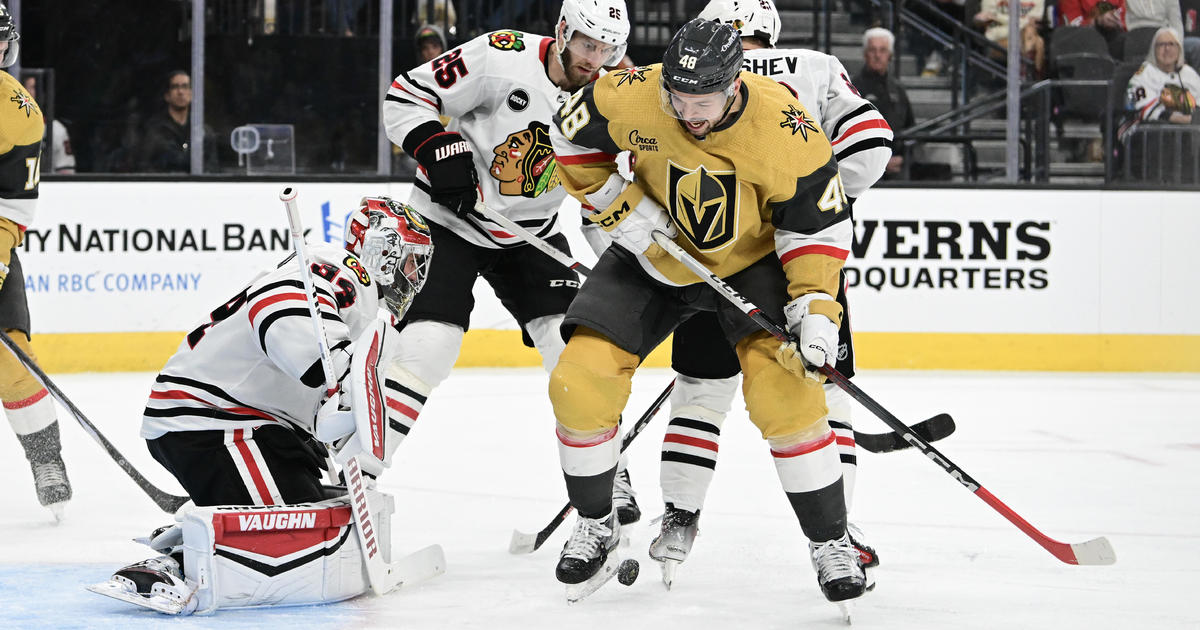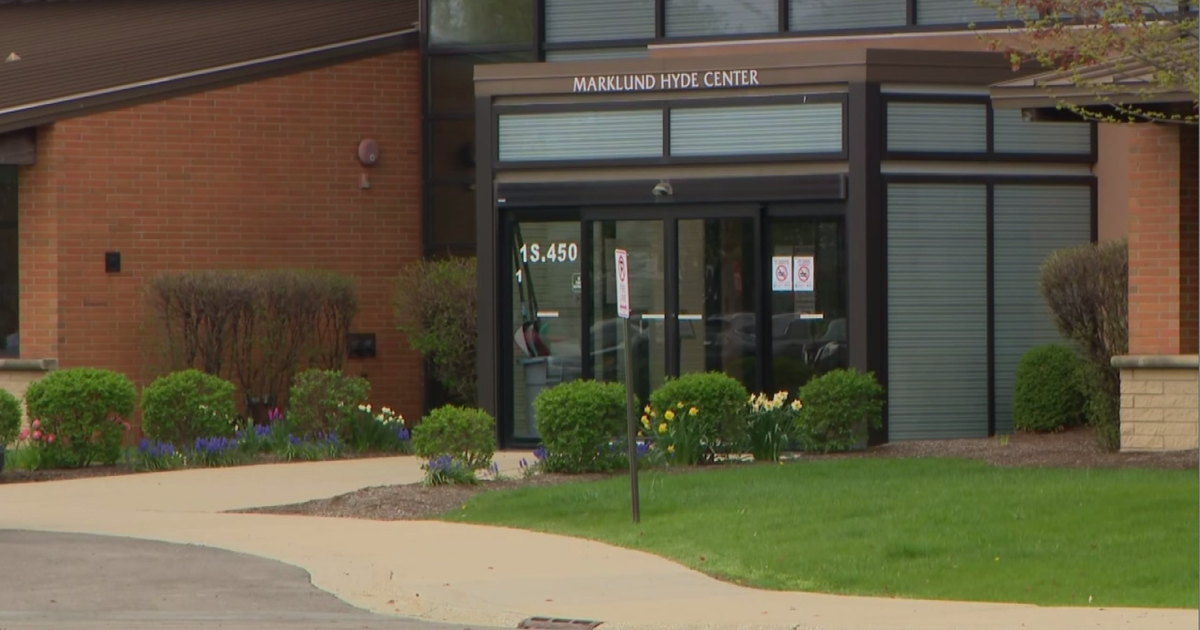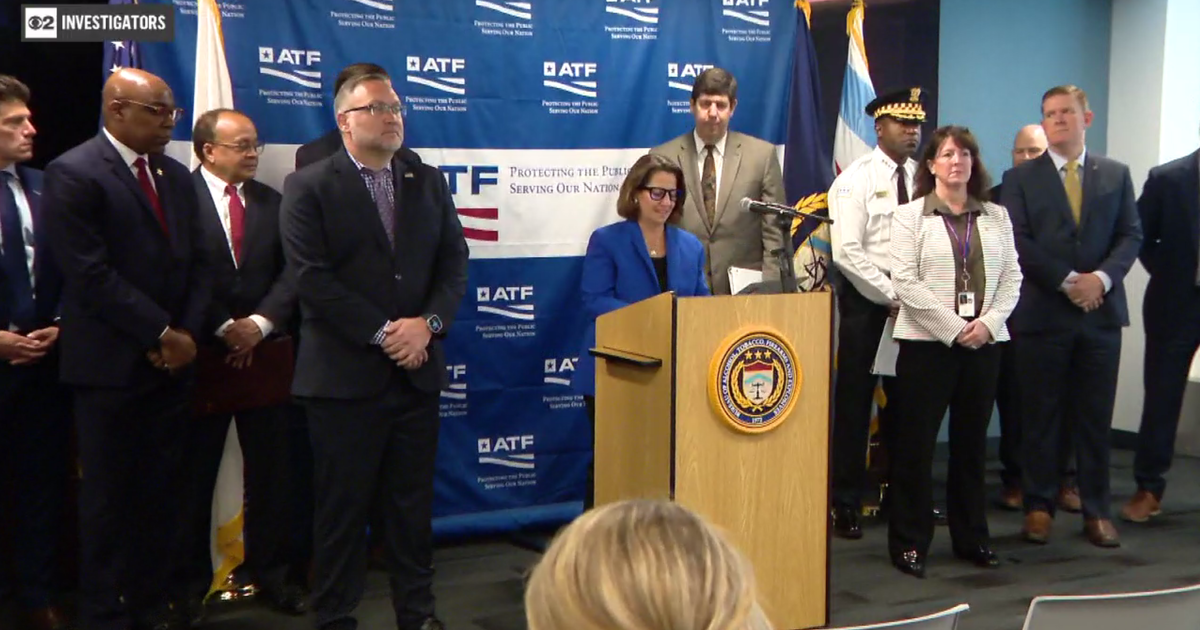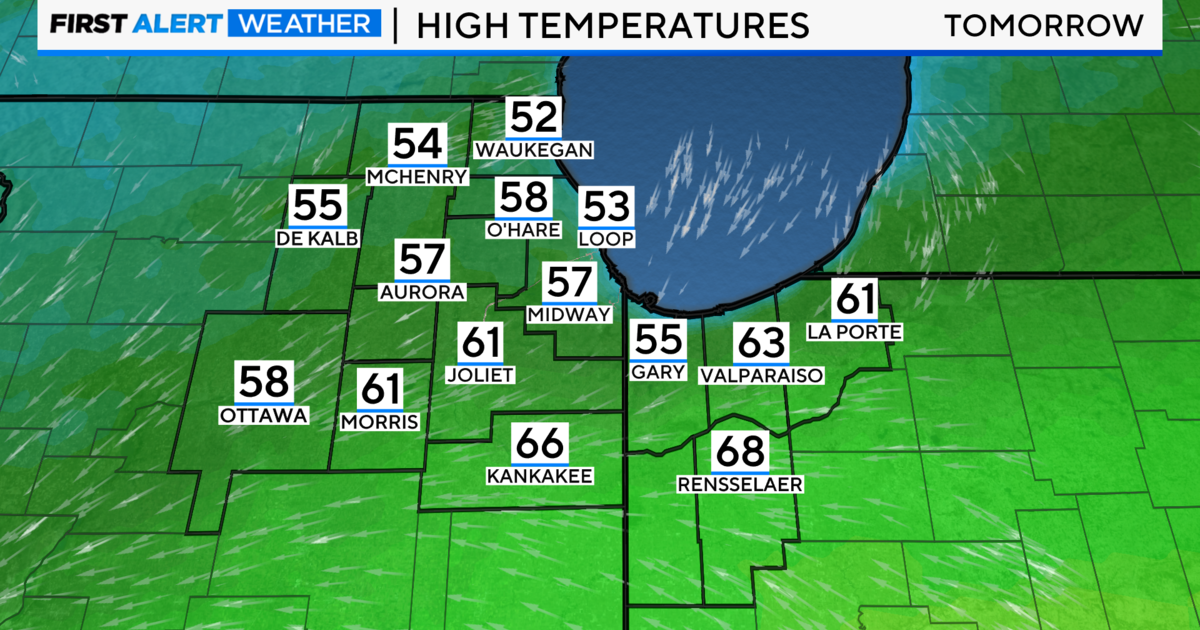DiCaro: The Derrick Rose Rape Case & The Importance Of Anonymity
By Julie DiCaro--
(CBS) In a conference call last Thursday, the woman suing Derrick Rose for sexual assault said it was the court's initial decision that she could remain anonymous that gave her the courage to come forward about her alleged gang rape. On Tuesday, that plaintiff, known as "Jane Doe" in court pleadings, lost the protection of anonymity.
U.S. District Judge Michael Fitzgerald ruled that Doe won't be allowed to proceed to trial under her anonymous moniker and that he will allow Rose's attorneys to refer to her by her given name. It's a name that, incidentally, is already in the public domain, thanks to the seemingly never-ending supply of bloggers willing to out rape accusers in the name of Internet justice. Doe's attorney said Tuesday night that there's little chance of Doe appealing the ruling.
At first glance, it seems fair that both parties should have to use their actual names in court. After all, Doe had no problem using Rose's name, so it's only right that she use her name as well. Furthermore, Rose's attorneys argued that allowing Doe to continue anonymously could give the jury the impression that the court was siding with the accuser. Yet the "turnabout is fair play" argument ignores the vast disparity in legal resources between Doe and Rose, as well as the inevitable slut-shaming and gold-digger finger-pointing that almost always accompanies these cases.
Last week, Doe's attorney said her team felt it was necessary to have Doe tell her story to the media, largely because they believed she was the victim of character assassination at the hands of Rose's team. Doe's attorneys said in a conference call that Doe's texts had been deliberately leaked to the media to portray her in a false light, and, in one particular case, a text was completely fabricated. Once Doe's name becomes public, her entire sexual, social media, employment and family history will become red meat for the Internet mob.
Let's be honest, there's only one real reason to want the name of a woman claiming she's been sexually assaulted in the public domain: the intense public scrutiny that's brought to bear when a woman accuses a famous athlete of rape. That's the reason rape accusers have been allowed to proceed anonymously in other civil and criminal actions for sexual assault. Rape is the only crime in which the public demands a "perfect victim," one as pure as the driven-snow. One who, preferably, has never been in the presence of a man unchaperoned and goes to church twice on Sunday. This isn't the reality of most rape victims or most of the general public (and certainly not of the men they accuse). Even when the "cleat chaser" narrative breaks down, the "gold-digger" questions always remain. Though it was Rose who admitted to salacious details about his lifestyle during his deposition, it's inevitable that it's Doe who will have her lifestyle, character and motivations dissected and dragged through the muck by the Internet horde. It's doubtful she has the media resources to help her fight back.
Watching accusers endure a public assault prevents other women coming forward in cases of sexual assault. The public onslaught against the women who accused Kobe Bryant and Patrick Kane of sexual assault was a lesson for women on what to expect when accusing a celebrity of a crime. While the Kane investigation was underway, at least one website dedicated itself to revealing the identity of his accuser to as many readers as possible. Fake Twitter accounts were set up using her real name. Photos of her at various parties were widely shared by her detractors. Likewise, the identity of Bryant's accuser was revealed online, and she continues to be the butt of jokes to this day. Why would any woman subject themselves to such public humiliation?
In the case at hand, the judge believed that allowing Doe to proceed anonymously could give the jury the idea that the court gives more credibility to her claims than to Rose's defense, which is a valid and fair concern. Certainly, Rose is entitled to a fair trial, and that includes not allowing the jury to make false inferences about either side. However, the concern about jury assumptions could likely by cured with a proper jury instruction, telling the jury not to draw any conclusions from Doe's anonymity. Certainly, public policy seems to demand that plaintiffs in sexual assault cases be afforded some protection by the courts, particularly in cases with a high-profile defendant.
It's still possible that Doe and Rose could settle the case before it goes to trial on Oct. 4. A pretrial conference between the two sides has been continued to the end of September. And, of course, there's always the possibility that Doe will decide not to proceed with the case due to the lack of anonymity. No matter what happens in the coming days in the courtroom, it's going to be difficult to watch what is about to happen to Jane Doe online.
Julie DiCaro is an update anchor and columnist for 670 The Score. Follow her on Twitter @JulieDiCaro and like her Facebook page.



